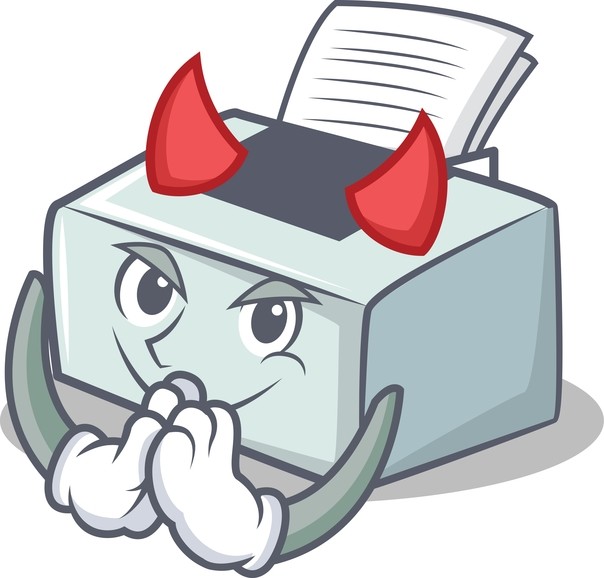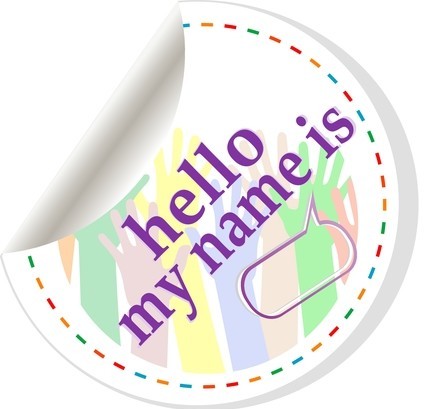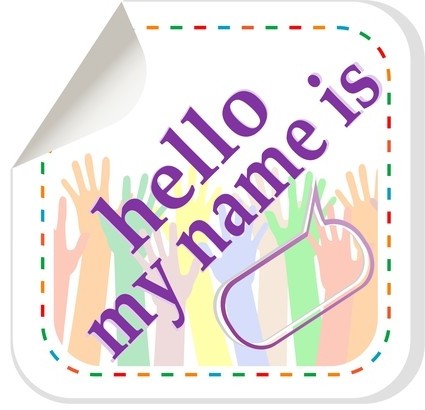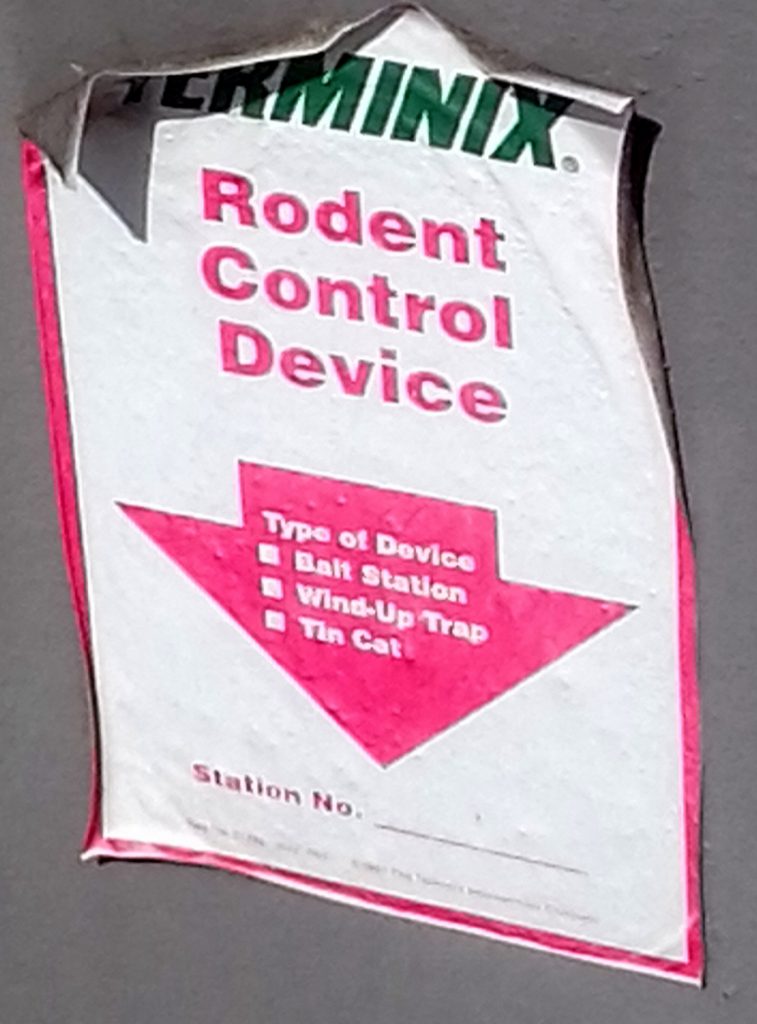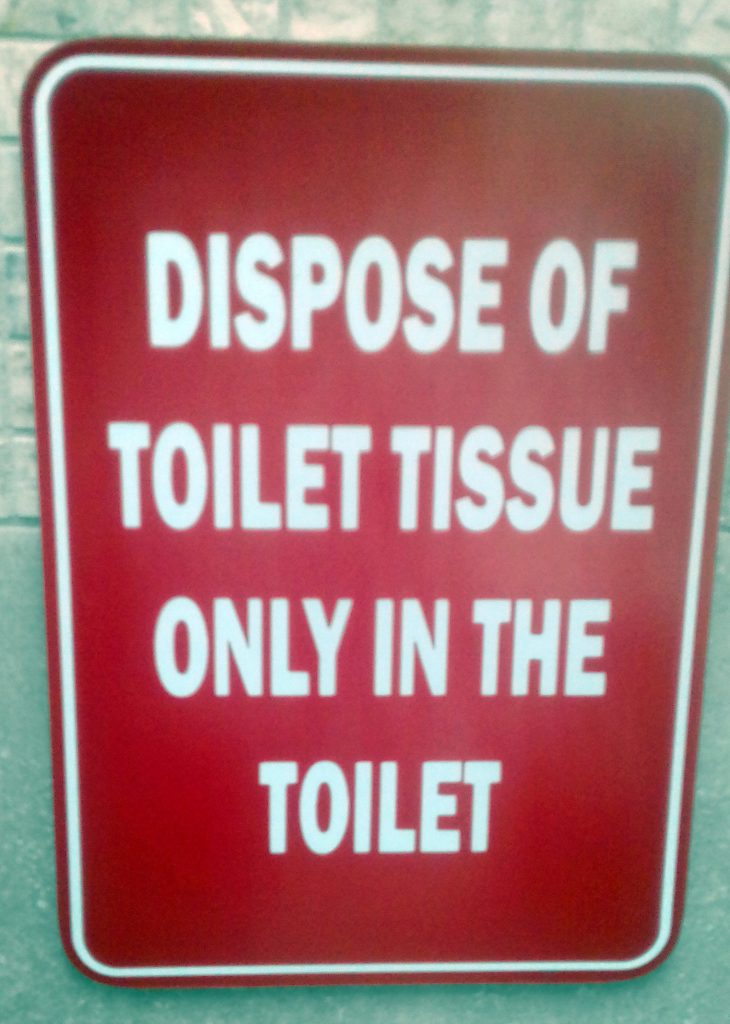
Bad reviews suck. Big time. But if you’re going to be a writer—or a singer or an actor or a knife-juggler—you’re probably going to get them. Name me one Pulitzer Prize winner or Nobel Laureate who never got a thrashing in the press. You need to understand that once you’re in the public eye, you’re opening yourself up to analysis, critique and commentary.
Not all of it’s gonna be good.
It’s wonderful to have your ego massaged by squeals of You’re the best! And When’s your next book? But what do you do when the comments get ugly?
Ask yourself whether it’s justified
I’ve had—ahem—a few negative reviews in my time. My instinct was to cry buckets of tears. They hate me! Waaahhhh! Then I began to ponder. Was any of it justified?
Some oui, some non. Some people said that one of my books (Mesmerized, if you really wanna know) focused too much on the side story and not enough on the romance, which should always be central and shine out above all. “Where was the love?” one reviewer asked. Was she right? I’ll admit it: Yes, she was.
One of my novels featured a hero who got a concussion from a bomb blast, and yet still managed to bounce out of bed in a few days, running around and boinking my heroine. “He should be cloned,” one reviewer said nastily. Kinda mean . . . but she had a point.
I remember the ones that were right, and took those lessons to heart. They made me a better writer.
What if they’re wrong?
I’ve also had reviews that were way off the mark. One person presented a bizarre theory that my characters’ names echoed their personalities almost verbatim: Mattie because she was a doormat and Dominic because he was demonic.
Uh . . . no. That’s the stupidest thing I ever heard.
One book club wrote me to tell me they were blacklisting me because my book didn’t have enough sex in it. Huh? How much sex is enough? The sex fits in the plot line, the characters, and the situation, and that’s all the sex you need.
When reviews are off the mark, spiteful, or dead wrong, forget ‘em. Chalk them up to misguidedness, jealousy, or a mean spirit. Fire up your keyboard and go on.
Ask for clarification
Now, I don’t advise you to email the chief reviewer of the Times, but if you get some hazy feedback from someone you’re actually in contact with, like “Meh, I just didn’t like it,” you’re well within your rights to ask what exactly they didn’t like, so you can try to fix it.
Poll the crowd
One person’s opinion may not hold a lot of weight, but if several people say the same thing, there might be something to it. Ask around. Give or lend a few copies to some trusted friends (maybe not close family members who’d die rather than hurt your feelings) and ask for feedback.
Don’t pad the comments section
For God’s sake, don’t make up a bunch of fake identities and proceed to give yourself godlike five-star reviews. You’re gonna get caught out and trust me, it’s humiliating. Also, don’t shoot back, get nasty, or attack the reviewer online or off. Maintain your grace and dignity. Your image is everything. Remember the Streisand Effect. Small things only get bigger if you call attention to them.
Get expert advice
Ask a professional editor or writing coach—like *cough* me—for their opinion. Although it’s best to do this before you publish, even after it’s out there, some solid pointers might help you avoid the same mistakes next time.
Treat yourself
Okay, so you got a bad review. Cry your tears if you must, but pick yourself up and dust off your knees. You’re a writer, dammit. Writers write, and to hell with other people’s sucky opinions. And to help you get into the mood, treat yourself to something sinful. My poison of choice is one crushed Oreo cookie and a large scoop of Ben and Jerry’s Cherry Garcia, all drowning in Baileys Irish Cream.
But you have whatever suits you, honey. Bottoms up!
Any ‘bad review’ stories to tell? Any advice to share? Comment and let us know.

